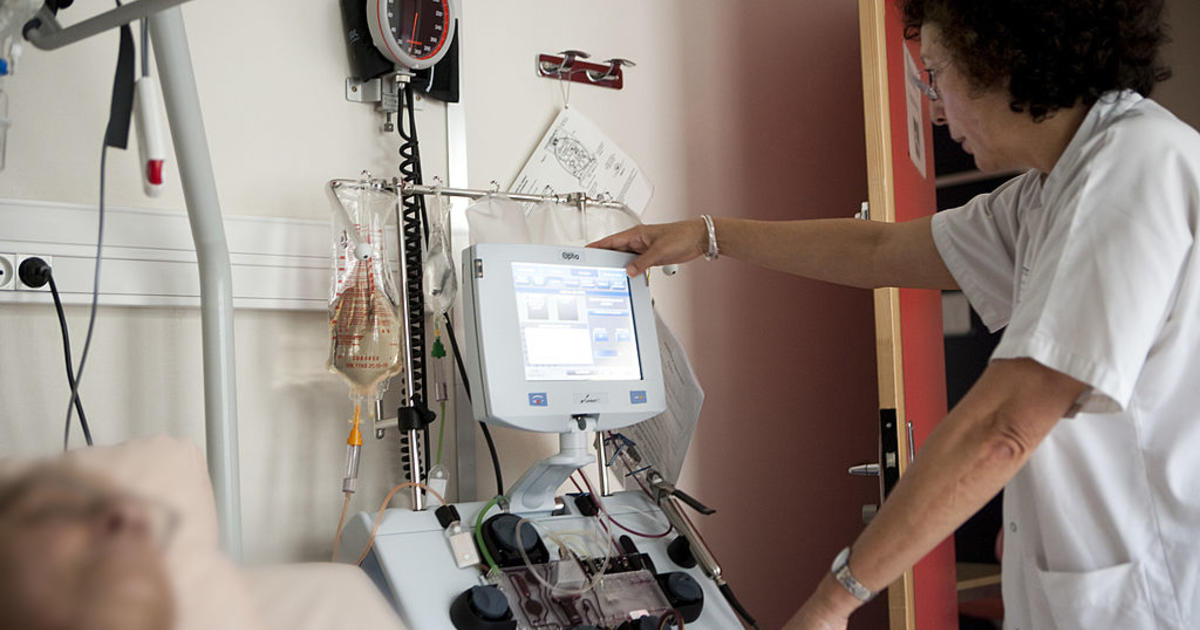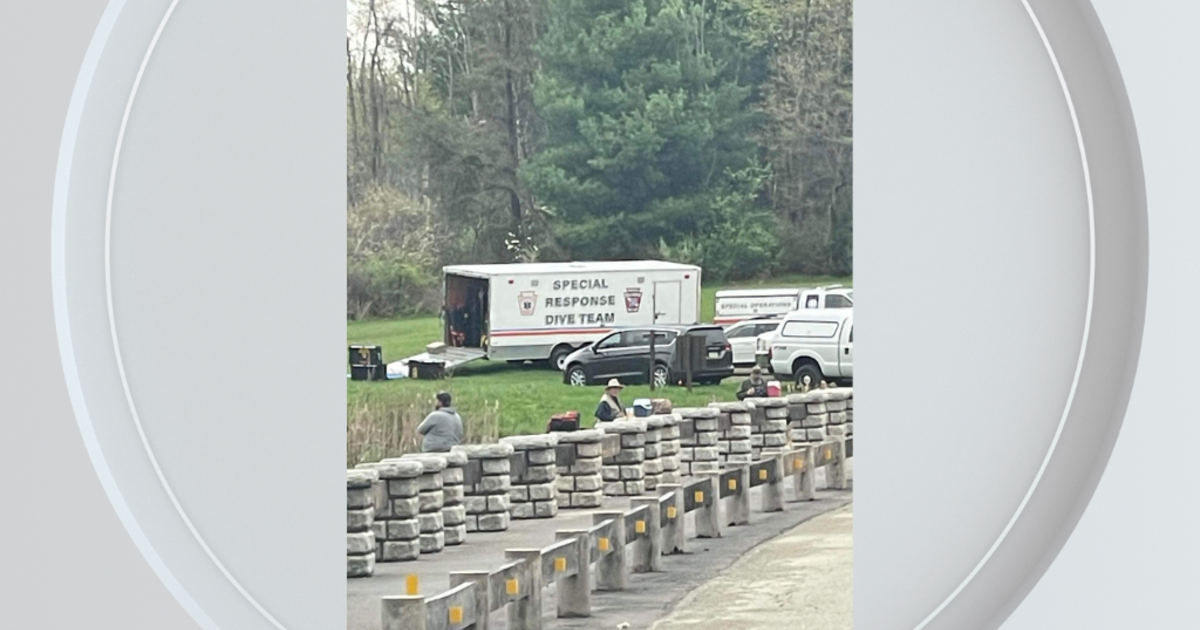"Quiet Crisis" As Pennsylvania's Budget Stalemate Grinds On
HARRISBURG, Pa. (AP) - Pennsylvania state government's budget season is typically hectic, with raucous rallies echoing through the Pennsylvania Capitol, lobbyists packing the corridors and top lawmakers and governor's aides rushing to closed-door meetings.
This year's is starkly different, two-and-a-half months into an entrenched stalemate between freshman Democratic Gov. Tom Wolf and leaders of the Legislature's huge Republican majorities.
The Capitol is empty and quiet.
"I've not heard anything new about the budget," said Gene Barr, president and CEO of the Pennsylvania Chamber of Business and Industry. "When I talk to people about it, I get a lot of shrugs and 'hey, we're waiting' and 'not there yet.'"
Lawmakers have hardly been in session since July 1 and budget talks are intermittent. Meanwhile, the governor's office and legislative leaders are saying little about their discussions or how they are trying to bridge their differences over tax policy, spending and the state's public pension, school funding and liquor store systems.
In late August, Wolf and top lawmakers shifted strategy and began revealing a lot less about their negotiations. Meetings in the Capitol stopped - last Monday's meeting was in Pittsburgh - and staff aides weren't allowed in the room.
Advocacy groups are in the dark, and rank-and-file lawmakers see no sign that an agreement is anywhere close.
"Nor is there a sense of urgency," said David W. Patti, president and CEO of the Pennsylvania Business Council. "It's a very quiet crisis."
While much of Pennsylvania state government grinds on - employees, Medicaid bills and debt obligations are paid - the stalemate now means that billions of dollars are not flowing to public schools and Pennsylvania's social services providers. That has sent school districts, counties and nonprofit organizations in search of ways to scrape by. For how much longer is a persistent question.
They are securing bank loans, drawing on lines of credit, emptying reserves or putting off payments to vendors. Waiting lists are growing for some services, such as mental health counseling and day services for the elderly or people with intellectual disabilities.
The Wolf administration is pledging to guarantee bank loans for any school district that needs it to make payroll. That, however, did not stop Moody's from announcing Thursday that it had knocked down the credit rating of 181 school districts by one notch.
Without any significant progress in the negotiations, Republicans are planning to pass an interim budget package that would provide four months of money - about $10 billion, retroactive to July 1 through Nov. 30 - and wave through billions more in federal funds that are held up.
Wolf's office hasn't said whether the governor would sign it, but Democratic lawmakers are unsupportive.
"Broadly speaking, I think Democrats feel that that would be a Republican effort to fund the parts of the budget that they want without funding the parts of the budget that we want," said Sen. Daylin Leach, D-Montgomery. "And we're not going to do that."
Public school and nonprofit officials have mixed feelings about the stalemate, after suffering what they view as unjustifiable funding cuts under Wolf's Republican predecessor, Tom Corbett. A late budget that reflects Wolf's goals of wiping out those spending cuts, many say, is better than what they were offered in the $30.2 billion, no-new-taxes Republican budget that Wolf vetoed June 30.
"I'm willing to wait as long as we have to in order to get what we deserve and what we feel we lost over the last four years," said John Sarandrea, superintendent of the New Castle School District in Lawrence County.
At The Arc of Northeastern Pennsylvania, employees who care for the disabled have gone without cost-of-living increases for seven years, said Patrick Quinn, the organization's director of residential and adult day services.
The organization hasn't curtailed services because of the stalemate, thanks to advances from county governments and a stretched line of credit, Quinn said.
Should the counties run out of money, the organization may have to shut down some services.
"Something might have to give along the way," Quinn said. "We don't know what that is. It just depends on how dire these circumstances continue to be."
Join The Conversation On The KDKA Facebook Page
Stay Up To Date, Follow KDKA On Twitter
(Copyright 2015 The Associated Press. All rights reserved. This material may not be published, broadcast, rewritten or redistributed.)



